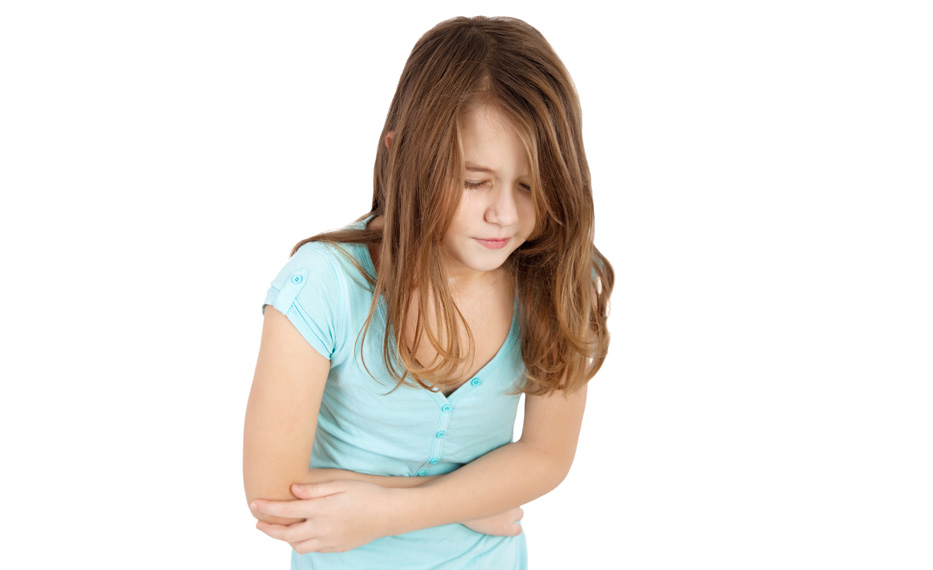Constipation is something that no-one likes to talk about but it can cause a lot of worry for children and parents alike. It is also a very common childhood condition, occurring in around 5-30% of children, depending on the criteria used for diagnosis (1).
The exact cause of constipation is not fully understood but there are many factors that may contribute. These include pain, fever, dehydration, dietary and fluid intake, psychological issues, toilet training and a family history of constipation (1).
Please note:
If your child suffers from long standing (chronic) constipation, please see your GP to discuss appropriate management for your child, which may include medications. I am going to talk about the prevention of constipation in children. Dietary interventions should not be used as a first-line treatment for chronic constipation (1).
Prevention is best!
Constipation can result in a poor appetite, which means a child will not eat very much and this can exacerbate the condition (vicious circle). So it is best to try and prevent this condition. A varied, balanced diet that contains fibre-rich foods and a good fluid intake are the main basis for this.
How much fluid do children need per day?
Offer 6-8 drinks each day as a guide. Toddlers should have 6-8 drinks of 3-4oz per day, whereas older children will drink more at each drink. Offer a drink with each meal and at least one in between meals or with a snack (2).
| Age | Suggested fluid intake* |
| 1-3 years | 900ml |
| 4-8 years | 1200ml |
| Boys 9-13 years | 1800ml |
| Girls 9-13 years | 1600ml |
* Please note that children who are very physically active or live in hot environments (not the UK!!) will need more water. Also obese children may require more water.
Does milk count as fluid?
Water is the best drink to offer between meals, but you can also offer diluted fruit juices with meals. Milk does count as part of the fluid but be aware that too much milk can be a contributing factor to constipation as it means that a child will be eating less food and thereby less fibre. Limit a toddler’s milk intake to 3 drinks per day of 3-4oz each. (see previous post on ‘Milk – how much is enough?’
How much fibre do children need?
There is not much information out there as to the exact amount of fibre children should be having, but it is not really necessary to have an exact number. As a guide, try the following suggestions:
- Offer your child a fruit and a vegetable at lunch and dinner
- Offer regular meals and planned snacks
- Include a starchy or cereal-based food with each meal – make it wholegrain as often as you can
- Always make time for breakfast – include some fruit or dried fruit and wholegrain bread or cereal such as oats
In some cases, constipation can be caused by cow’s milk allergy
In some children, constipation may be a manifestation of cow’s milk allergy BUT I must explain that the mechanism and prevalence of this are not known. If a child does not respond to appropriate medical treatment, a trial of eliminating cow’s milk from the child’s diet should be considered (3). I recommend contacting a Registered Dietitian for help with this – contact me if you would like further advice.
What would you like the next post to be on? I would love to hear your ideas or questions!
P x
References:
- National Institute for Health and Clinical Excellence (NICE). Constipation in children and young people. Diagnosis and management of idiopathic constipation in primary and secondary care. May 2010
- www.infantandtoddlerforum.org
- PEN nutrition – practice-based evidence nutrition (www.pennutrition.com)





